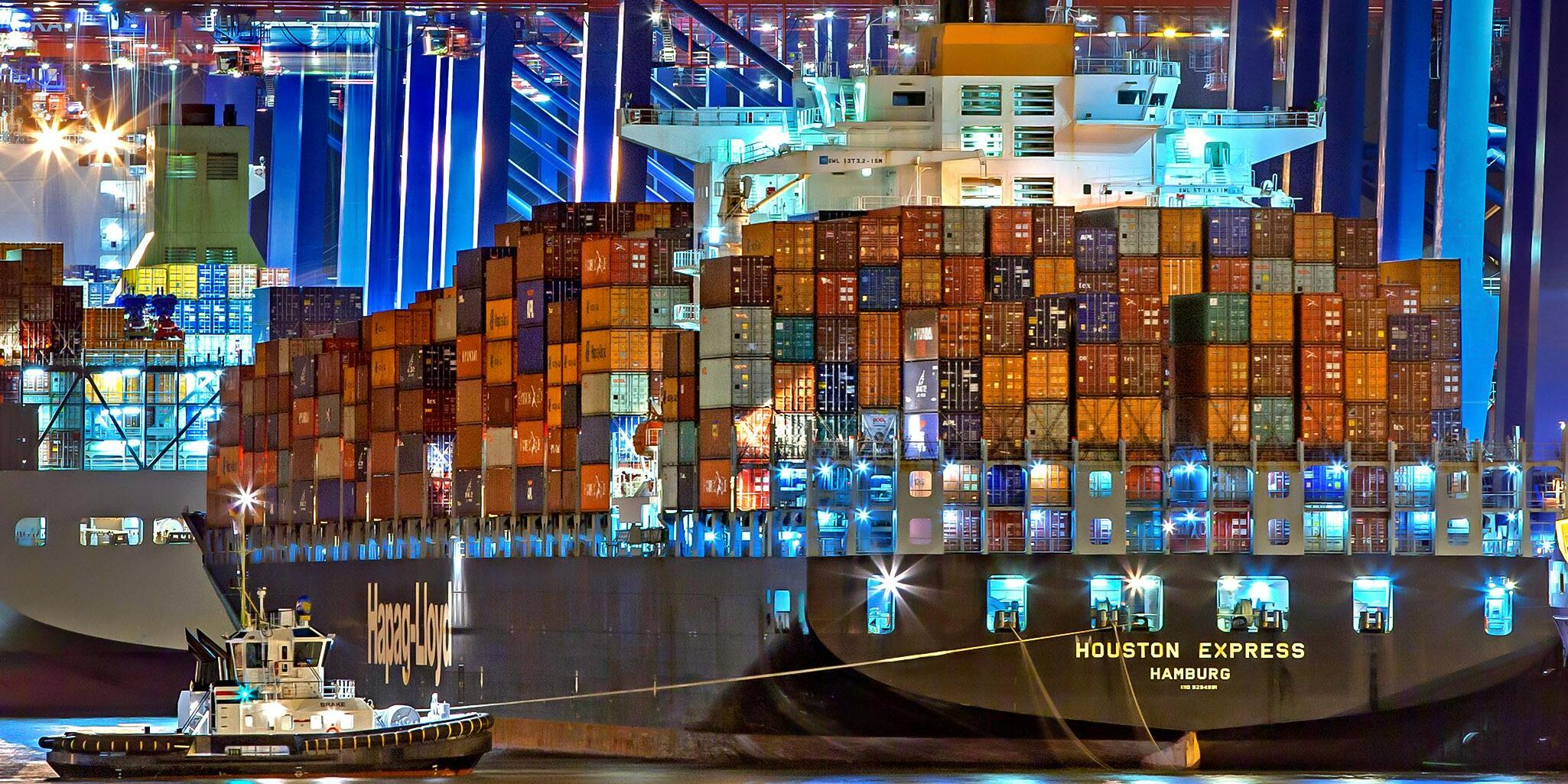In 2025, the economic relationship between Germany and Africa is stronger and more strategic than ever. Trade volumes are growing, diplomatic ties are expanding, and partnerships in key sectors like energy, infrastructure, manufacturing, and digital innovation are thriving. But with new opportunities come new complexities—especially in the legal and regulatory environments businesses must navigate.
At CLG Plus, we support companies and investors on both sides of the corridor with legal advisory services that simplify the challenges of bilateral trade, from customs compliance and contract negotiation to dispute resolution and cross-border tax structuring.
This article breaks down the key aspects of Germany–Africa trade relations in 2025, highlighting what businesses need to understand before entering or expanding within this dynamic market.
Why Germany–Africa Trade Is Gaining Momentum
Key Trends:
- Increased German investment in African energy, infrastructure, and logistics
- Rising African exports of raw materials, agricultural products, and green energy
- Sustainable partnerships focusing on climate tech, green hydrogen, and circular economy
- The Africa Continental Free Trade Area (AfCFTA) is making Africa more attractive as a single investment bloc
Germany has long been Africa’s fourth-largest trade partner within the EU, and initiatives such as the Compact with Africa, supported by the German government, are accelerating trade and private investment flows.
But entering these markets requires more than strategy—it requires understanding the legal frameworks that govern customs, contracts, local compliance, and investment protection.
Top Sectors for German–African Trade in 2025
- Energy & Renewables
- Hydrogen, solar, and wind energy projects are booming, especially in Morocco, Namibia, and South Africa
- German companies are investing in infrastructure and partnering with local developers
- Legal needs: PPA agreements, local content compliance, land use rights, environmental law
- Manufacturing and Machinery
- German engineering remains in high demand across automotive, textile, and agro-processing industries
- Many German firms are outsourcing production or setting up assembly units in North and West Africa
- Legal needs: joint ventures, IP protection, customs compliance, labor law
- Technology and Digital Services
- German startups are entering fast-growing digital markets like Nigeria, Kenya, and Rwanda
- B2B software, mobile apps, and fintech services are being exported and licensed to local partners
- Legal needs: licensing, data protection (GDPR + African data laws), cross-border SaaS agreements
- Agri-trade and Supply Chain
- Imports of coffee, cocoa, cashews, and tropical fruits are on the rise
- Sustainable sourcing and ethical supply chain standards are mandatory
- Legal needs: contract enforcement, German Supply Chain Act compliance, trade finance structures
Legal Considerations for Businesses Engaging in Germany–Africa Trade
1. Customs and Import/Export Regulations
Each African country has unique customs codes, duties, and documentation requirements. Germany, as an EU member, enforces strict origin, packaging, and safety standards for imported goods.
At CLG Plus, we help clients:
- Navigate customs codes and duty structures
- Structure trade agreements that comply with AfCFTA and EU trade rules
- Resolve customs disputes or delays at ports of entry
2. Local Content and Regulatory Compliance
In key sectors like energy and mining, African countries enforce local content laws, requiring foreign investors to hire local staff, use local materials, or partner with domestic firms.
We assist German clients in:
- Structuring joint ventures to meet legal thresholds
- Reviewing investment codes and licensing requirements
- Complying with local registration, tax, and reporting frameworks
3. Contract Drafting and Enforcement
Doing business across jurisdictions requires airtight commercial contracts that account for:
- Language differences
- Governing law and dispute resolution clauses
- Local enforceability
CLG Plus drafts contracts that are tailored to both EU legal expectations and African enforcement realities, ensuring clarity, compliance, and resilience.
4. Cross-Border Dispute Resolution
Trade disputes can arise from shipping delays, payment defaults, or quality claims. But enforcing judgments across borders is complex.
We help businesses:
- Use arbitration-friendly clauses with ICC or LCIA backing
- Select jurisdictions with reciprocal enforcement treaties
- Mediate and resolve disputes cost-effectively
5. Tax Structuring and Investment Protection
With over 30 Bilateral Investment Treaties (BITs) and several Double Taxation Agreements (DTAs) in force between Germany and African nations, businesses can enjoy tax reliefs and legal protections—if properly structured.
CLG Plus offers:
- Investment treaty guidance
- Tax optimization advice under DTAs
- Entity structuring for withholding tax reduction and capital repatriation
Why CLG Plus?
At CLG Plus, we offer businesses a bridge between two continents. Our legal team has experience across both German and African legal systems, with expertise in:
- Trade and customs law
- Local market entry and corporate registration
- ESG and supply chain compliance
- Investment protection
- Dispute resolution and arbitration
- IP and data protection
Whether you’re a German firm exporting to Africa or an African supplier entering the EU market, we guide you at every stage of the trade cycle.
Discover Legal Empowerment with CLG Plus
Embarking on business ventures in Africa or Germany? Let CLG Plus guide you through the legal intricacies. Our on-demand legal services cater to entrepreneurs, start-ups, and SMEs, ensuring your venture is fortified with expert legal advice. From immigration to tax, technology, and intellectual property, we cover all bases to support your multicultural business endeavours. Experience bespoke legal solutions that transcend borders – contact CLG Plus today for a consultation that will set your business on the path to success.







